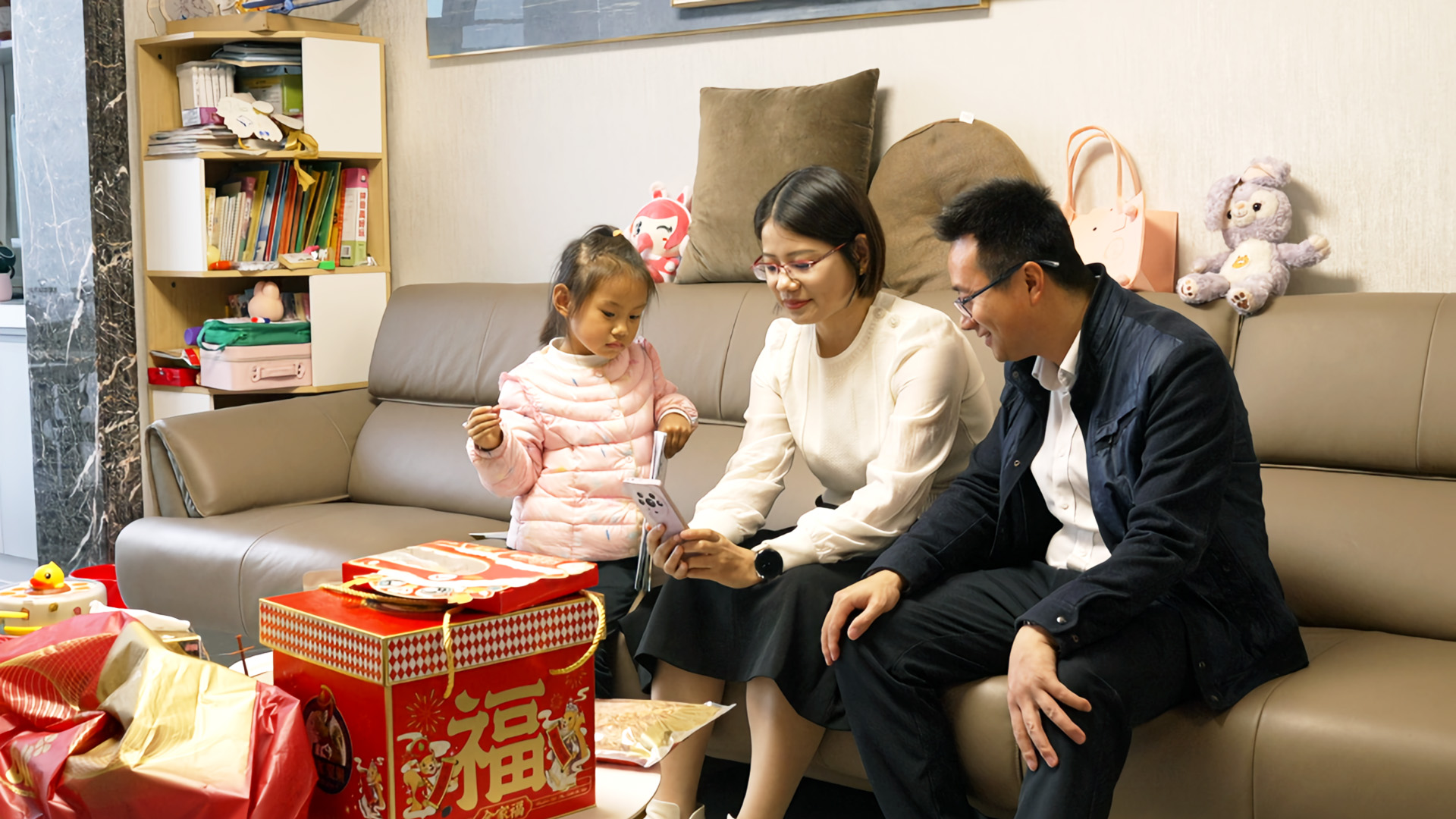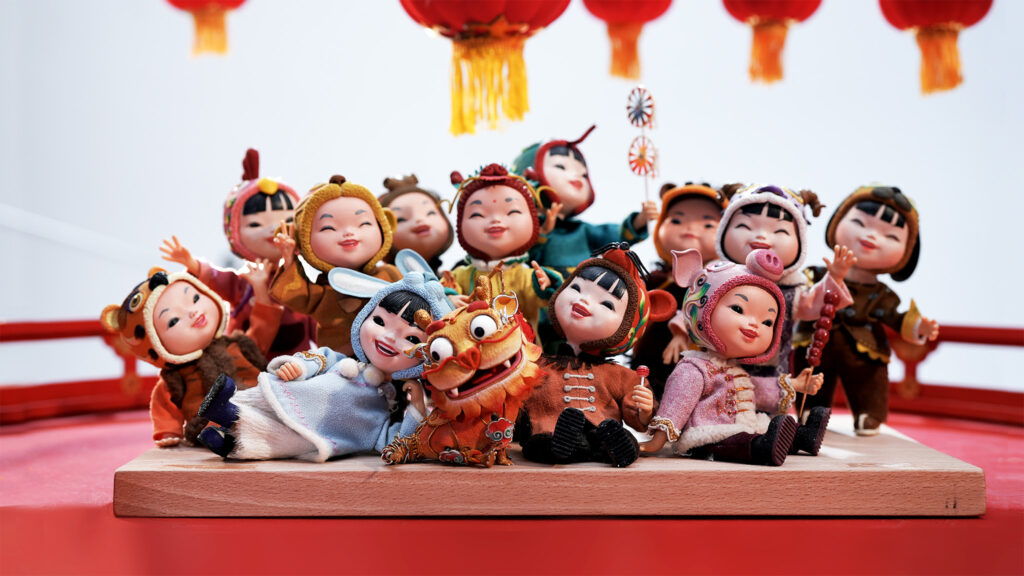
A Tradition of Kinship
Over the annual Spring Festival, the custom of returning home, and increasingly, of traveling together with family, serves to reinforce generational connections.
It’s been a full year since Chen Zizhe last saw her parents. She reflects on this separation as she browses the supermarket shelves for produce to take back to her birth home. In a few days, however, she will join millions of Chinese people making their way home to celebrate the Spring Festival. Over 1,000 miles away in Hebei Province, Chen’s parents are also busy in the kitchen, preparing food to welcome their children home for the holidays. Nearly 70 years old, Chen’s father sets aside concerns that their rural lifestyle might not match the modern lives his children now lead. “They must have a very busy life in big cities,” muses Chen’s father, adding that he wishes the Spring Festival provides an opportunity for them to enjoy a good rest at home.

The Great Migration
The 40-day travel surge—known as Chunyun—over the Lunar New Year, is the world’s largest annual human migration. In 2024, this great migration is expected to reach a record nine billion passenger trips, as the tradition of family reunions is further supported by increasing travel demand.
The Spring Festival offers a vital opportunity for families like theirs to come together, and Chen highlights the happiness she feels each year when reconnecting with her parents. “Chinese people hold a special sentiment towards the Spring Festival, seeing it as a time of family reunion,” Chen explains. Along with celebrations like watching dragon dances and traditions such as wearing red, giving red envelopes filled with money, and displaying the Chinese character for ‘fortune’ on the front door, she, like many others, views the essence of love and family as the most genuine form of celebration on this auspicious occasion.

A Homecoming Journey
The Spring Festival marks a time when those with roots in the countryside, now residing in cities, bridge the geographical and socioeconomic divides between their past and present. Chen, who hails from a rural county in Hebei but now lives in the southern metropolis of Foshan in Guangdong Province, embodies this journey. “If I can go back to my own home for the New Year, I feel very happy,” she says.
As a white-collar professional immersed in the fast-paced urban lifestyle, Chen manages to visit her parents only once annually, enduring a journey of over seven hours by bullet train. Like many of her contemporaries, she supports her parents from afar through financial aid and daily essentials, a gesture of care that, as she admits, cannot compare to the joy of in-person reunions. “Now they just hope that we come back more often,” shares Chen, emphasizing that physical presence holds more value than material gifts.
For many like Chen, the tradition of making the journey home for the festival is pivotal, nurturing the family bond and offering an opportunity for intergenerational connections.
Festive Wanderlust
Traditionally, Spring Festival marks a time for traveling home to reunite with family members, however, a growing number of people are now opting for a modern twist on this age-old tradition. Instead of embarking on journeys back to their ancestral homes, they are choosing to travel with families, exploring new destinations and creating memories in different settings.
A growing trend has emerged among families from northern China, who now increasingly choose to spend the Spring Festival in search of warmer climes in the south. The allure of celebrating the holiday in such a pleasant environment has not gone unnoticed; in 2023, Hainan welcomed 6.4 million tourists, an influx which contributed to a significant boost in the province’s tourism sector. While some may seek out warmer destinations, others are taking the opposite path by embracing domestic offerings at ski resorts in regions such as Zhangjiakou, Changchun, or the ‘Ice City’ of Harbin.
In addition to domestic travel, many Chinese mainlanders look beyond the country’s borders to celebrate the Spring Festival, setting their sights on popular global tourist hotspots and international destinations in countries with substantial Chinese communities, such as Singapore, Malaysia, and Thailand, along with those known for their winter festivities, like Japan and South Korea.

The Spring Festival embodies the essence of family and tradition amidst the ever-evolving landscape of modern life, connecting generations and distances with the warmth of togetherness. Whether it’s the annual pilgrimage back to ancestral homes or the choice of exploring new destinations together, the festival’s core remains unchanged: the celebration of familial bonds and
Read More





